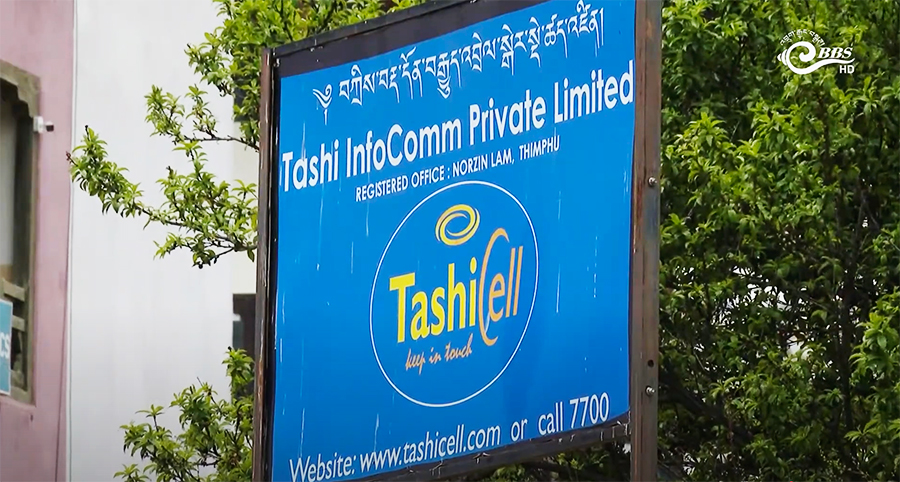 Mobile data prices are set to drop by 50 per cent starting July, but while Bhutan Telecom appears ready to move ahead, TashiCell remains uncertain. The private cellular company is raising concerns about consultation, service quality, and the potential impact on its operations.
Mobile data prices are set to drop by 50 per cent starting July, but while Bhutan Telecom appears ready to move ahead, TashiCell remains uncertain. The private cellular company is raising concerns about consultation, service quality, and the potential impact on its operations.
TashiCell says that while it took part in the first consultation meeting with the government on data charge reduction, it said the subsequent discussions were held only with Bhutan Telecom. It said a proposal was submitted after an executive order was shared during the meeting but was since no longer involved in negotiations.
The private cellular company said since there has been no official directive from the government, its decision to reduce data charges remains uncertain.
In a written response to BBS, TashiCell said, “In the absence of formal guidance or direct engagement, TashiCell is currently assessing our network capacity and evaluating the operational implications to determine the feasibility of any potential tariff revisions. We will provide updates once we have greater clarity on the situation.”
The company added,”While we respect the government’s prerogative to engage with any stakeholder, the exclusion of private operators raises concerns about transparency and inclusivity in policy formulation. We remain open and committed to future dialogue aimed at ensuring equitable and sustainable digital access for all.”
The company emphasised that failing to align its data prices with Bhutan Telecom may result in customer attrition, especially among price-sensitive users. The company said keeping the current rates helps protect network quality and sudden traffic increases caused by cheaper data could affect user experience.
However, the company said if a large gap in pricing occurs, it will consider adjusting its rates to meet market expectations, while ensuring good service quality. The company added that as internet access is a shared national responsibility, it will continue supporting efforts to improve digital access for all.
TashiCell explained that lowering data prices could lead to increased usage, which would require significant investment in expanding their network, including the installation of additional base stations.
It said such upgrades demand both time and resources, and that it is currently reviewing these requirements as part of its internal planning.
Meanwhile, an official from the GovTech Agency said since the data charge reduction is an immediate and direct intervention, it did not engage with TashiCell, which is a private company. He added that it is also not feasible to provide subsidy or financial assistance at this point to a private firm that would potentially entail in providing cheaper internet.
Meanwhile, BBS has learnt that Bhutan Telecom’s board has reviewed the details of the proposed data packages and submitted them to Druk Holding and Investments for further directives.
Sonam Yuden
Edited by Kipchu







